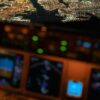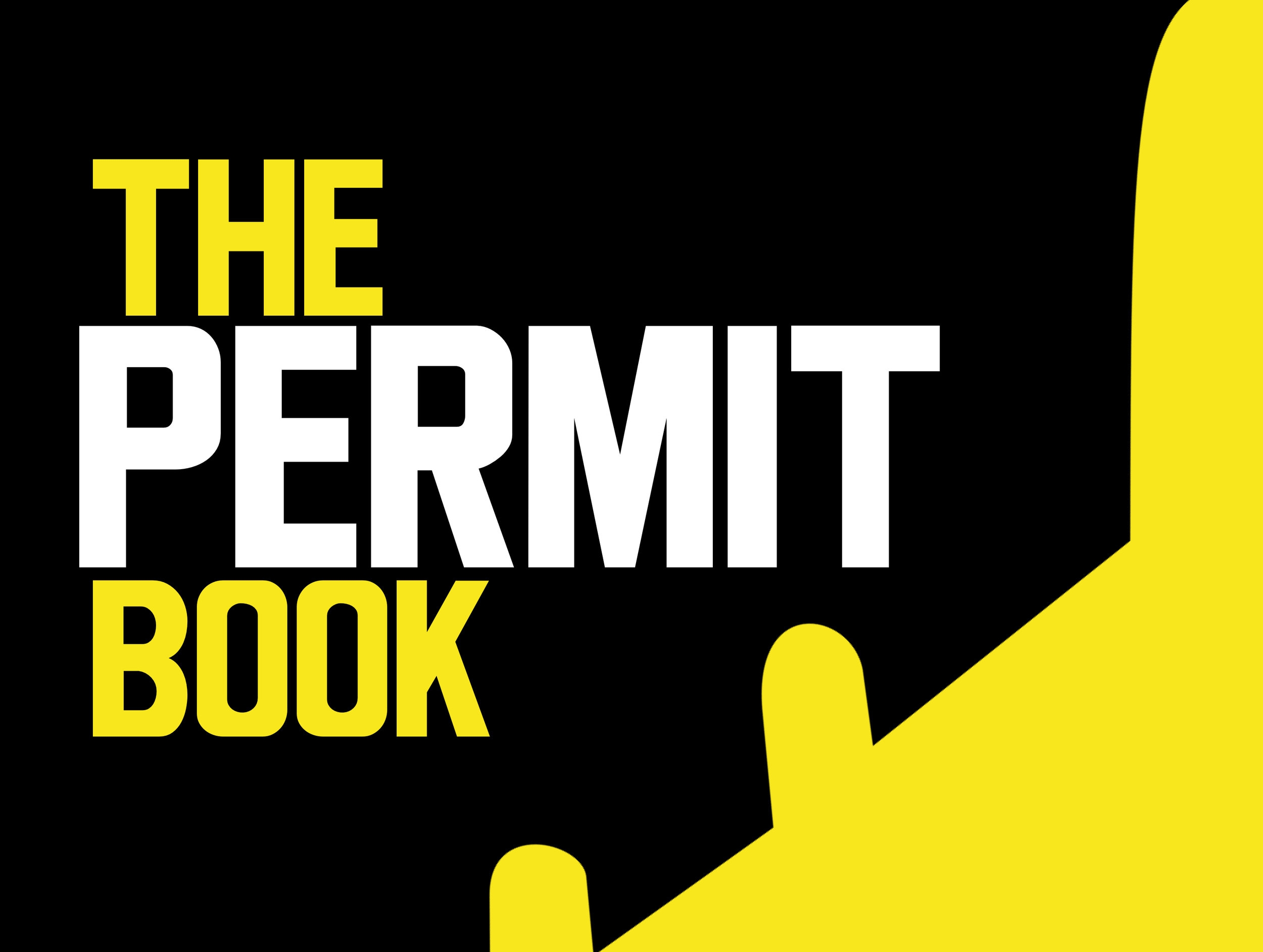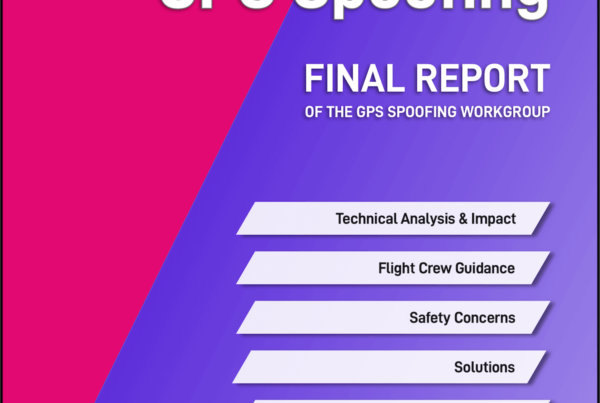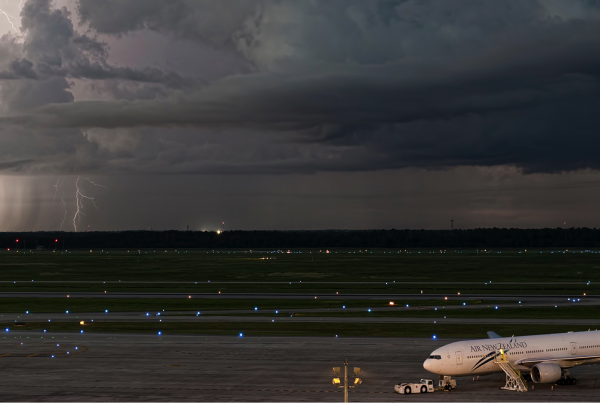When do these changes come in to effect?
The “four countries” restriction is effective 20DEC2015; the passport requirement 01APR2016.
Who is prohibited from traveling under the Visa Waiver Program by the new law? Are there any exceptions or waivers from the restrictions?
The new VWP travel restrictions apply to:
• Nationals of VWP countries who, since 01MAR2011, have traveled to Iran, Iraq, Sudan, Syria or any other country of concern designated by the Department of Homeland Security; and
• Dual nationals of a VWP country and Iran, Iraq, Sudan, Syria or any other country of concern designated by the Department of Homeland Security.
If you have traveled to a country of concern since March 1, 2011, you are prohibited from traveling under the VWP.
If you are a dual national of a VWP country and Iran, Iraq, Sudan, Syria or any other country or area deemed to be of concern by the Secretary of Homeland Security, you are prohibited from traveling under the VWP. There is no exception to this prohibition.
If you are barred from the VWP travel and do not qualify for an exception or a waiver, you must obtain a B-1/B-2 visa at a U.S. consulate before traveling to the United States for business or tourism.
What are the new passport requirements for travel under the Visa Waiver Program? How do they differ from previous VWP requirements?
Starting 01APR2016, all VWP travelers (including infants and children) must present an e-Passport – i.e., a travel document that is machine-readable and contains an electronic chip – when traveling to the United States.
Most VWP travelers have been required to present an e-Passport when entering the United States for some time. However, some nationals of longtime VWP member countries whose passports were issued before October 26, 2006, have been able to travel to the United States on the VWP even if they do not have an e-Passport.
After March 31, 2016, all VWP travelers must present an e-Passport. E-Passports contain an integrated computer chip that stores the passports holder’s biographic data, a biometric identifier, a digital signature and a unique chip identification number. The data on the chip includes two lines of machine-readable data as well as facial recognition details. The chip can also be scanned to match the identity of the traveler to the passport.
These passport requirements apply only to travelers under the Visa Waiver Program. Foreign nationals who have a U.S. visitor visa or another type of U.S. nonimmigrant visa stamped in their passport are not required to comply with these revised passport requirements.
What is the Visa Waiver Program and who is eligible to participate?
The Visa Waiver Program permits eligible citizens of designated countries to travel to the United States for up to 90 days for business or pleasure without first having to obtain a visitor visa at a U.S. consulate. In order to use the VWP, travelers must obtain Electronic System for Travel Authorization (ESTA) clearance.
Citizens of the following 38 countries are eligible to participate in the VWP: Andorra, Australia, Austria, Belgium, Brunei, Chile, the Czech Republic, Denmark, Estonia, Finland, France, Germany, Greece, Hungary, Iceland, Ireland, Italy, Japan, Latvia, Liechtenstein, Lithuania, Luxembourg, Malta, Monaco, Netherlands, New Zealand, Norway, Portugal, San Marino, Singapore, Slovakia, Slovenia, South Korea, Spain, Sweden, Switzerland, Taiwan, and the United Kingdom.
More on the topic:
- More: US CBP biometrics: BizAv rollout still unclear
- More: US Shutdown Ends and FAA Lifts Flight Restrictions
- More: FAA Housekeeping: Foreign Instrument Procedures, Approach Chart Clutter
- More: Do I need a TSA Waiver for a flight to the US?
- More: Private Flights to the US
More reading:
- Latest: FAA Warns on Runway Length Data and Overrun Risk
- Latest: EASA’s New Cyber and Data Risk Rule for Operators in Europe
- Latest: Airport Spy: Real World Reports from Crews
- Safe Airspace: Risk Database
- Weekly Ops Bulletin: Subscribe
- Membership plans: Why join OPSGROUP?











 Get the famous weekly
Get the famous weekly 




